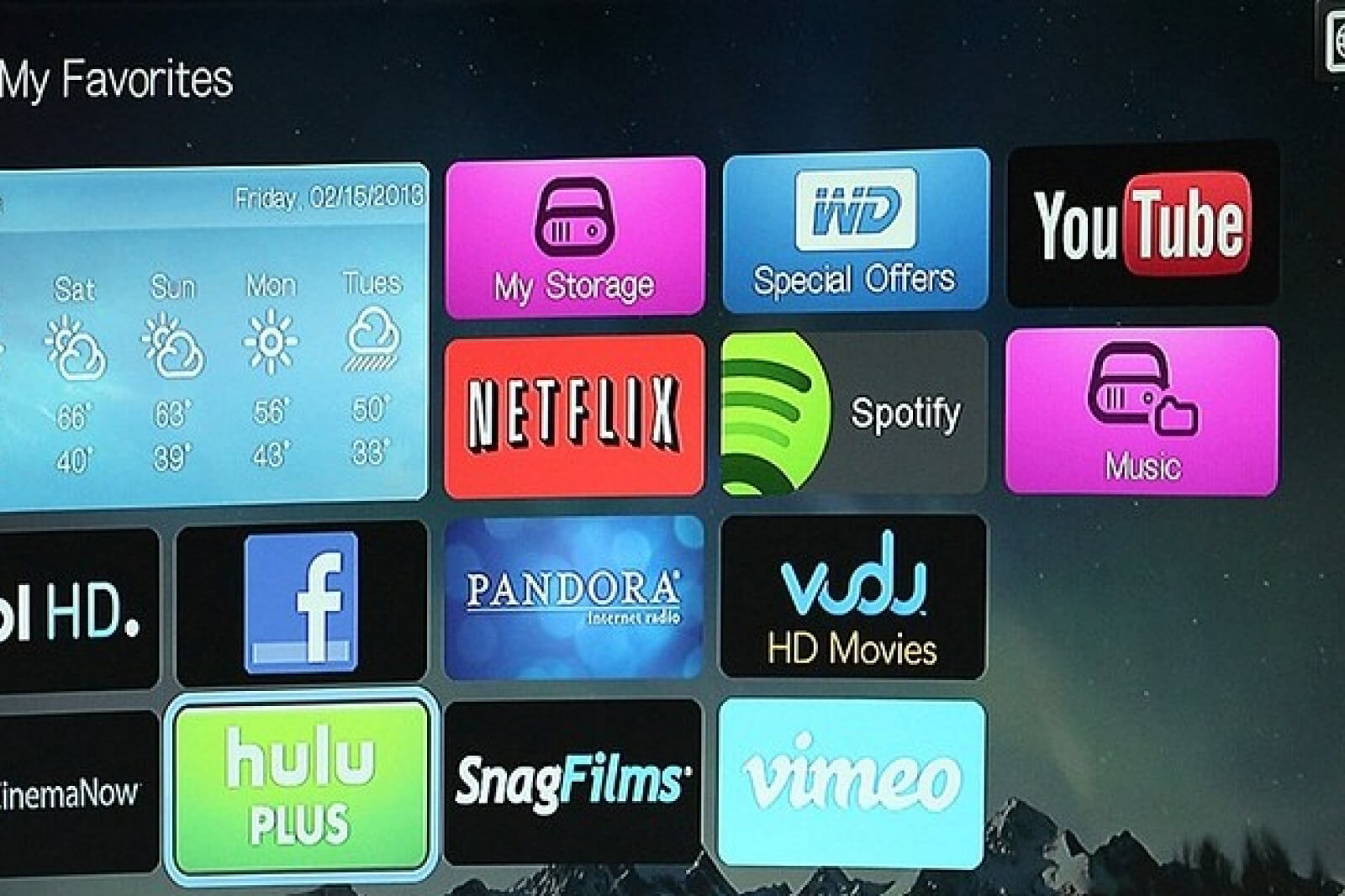This Credit Card Myth Simply Will Not Die

Sep 12 | 2024

I can’t remember who gave me this personal finance hack, or, rather, advice: but one juicy tidbit was that I should keep a balance on my credit cards and that it would up my credit score. I’ve even wiped out the balance on a credit card debt and then purchased something that I slowly pay down month after month. That’s how much of a Girl Scout I was. I couldn’t believe that this credit card myth that won’t die is a downright lie.
Imagine how dumb I felt when I read this recent CNBC piece by Cheyenne DeVon that examines some of the persistent myths about those little pieces of plastic we all carry around with us. What tops DeVon’s list of credit card myths? DeVon quotes Lending Tree’s credit analyst Matt Shultz: “The cockroach of credit scoring myths, the one that just will not seem to die, is that carrying a balance on your credit card helps boost your credit score.”
As DeVon explains, “When you carry a balance from month to month on your credit cards, costly interest charges can cause your debt to balloon faster than you may expect. As of May 2 [2024], the average credit card interest rate was at an all-time high of close to 21%.”
DeVon also enumerates the 5 factors that truly affect credit scores, listing their importance by percentage:
- Payment History, 35%: Consistent on-time payments toward your credit card bills and other loans.
- Amounts Owed, 30%: Your Credit Utilization Ratio is what’s currently owed compared with available credit. It’s best to keep your utilization under 30%.
- Credit History, 15%: How long you’ve been using credit and the average age of your oldest and latest accounts. Lenders tend to prefer a longer credit history.
- New Credit, 10%: How recently or how often you’ve applied for new credit cards or other loans.
- Credit Mix, 10%: The variety of debt you’re managing – credit card debt, student loan debt, or a mortgage. Although it’s not required to have multiple forms of credit, this can help improve your score by demonstrating to lenders that you can manage various forms of credit.
I was shocked to learn that payment history – “How consistently you’ve made on-time payments toward your credit card bills and other loans” – is, at 35%, the single largest factor. I’ve been hit with late fees more than a few times.
Michelle Black at Forbes.com also places the “carry a balance on your card” at the top of the myth list. She makes an excellent point when she calls a credit card “a tool.” Like all tools, it can be used well or poorly. And as always, the key to using a tool well is getting smart about it. The more you know about the whys and wherefores of credit, the better off you’ll be.
Sound financial behavior should be adopted as early as possible. We’ve all known – and maybe were – one of those students who, unused to handling their own finances, racked up enormous credit card debt starting in high school. OSPIRG Students provides young adults the assistance required to avoid such credit-damaging actions.
OSPIRG’s recommendations are so simple they might seem obvious.
- Shop around for a card
- Use credit cards sparingly
- Pay off balances in full each month
- If you have a problem paying, seek help
- Read the fine print
“Companies keep the minimum monthly payment low so that you rack up additional debt in interest – that’s how they make money on you.” These and other tips from OSPIRG can be lifesavers for those who are just embarking on their lifetime money journey.
I think that’s one reason credit card companies work so hard to complicate and mystify credit card use. The less we know, the better they like it – and the more of your cash they can hold onto.
Don’t fall for the traps. Do your research, seek professional assistance if needed, and use your head. The best way to stay out of the credit labyrinth is to keep on top of your debt and work to improve your score. According to Greg McBride, chief financial analyst at Bankrate.com. “Prioritizing debt repayment, especially of high-cost credit card debt, remains paramount as interest rates promise to remain high for some time.”
- Payment History, 35%: Consistent on-time payments toward your credit card bills and other loans.
- Amounts Owed, 30%: Your Credit Utilization Ratio is what’s currently owed compared with available credit. It’s best to keep your utilization under 30%.
- Credit History, 15%: How long you’ve been using credit and the average age of your oldest and latest accounts. Lenders tend to prefer a longer credit history.
- New Credit, 10%: How recently or how often you’ve applied for new credit cards or other loans.
- Credit Mix, 10%: The variety of debt you’re managing – credit card debt, student loan debt, or a mortgage. Although it’s not required to have multiple forms of credit, this can help improve your score by demonstrating to lenders that you can manage various forms of credit.
I was shocked to learn that payment history – “How consistently you’ve made on-time payments toward your credit card bills and other loans” – is, at 35%, the single largest factor. I’ve been hit with late fees more than a few times.
Michelle Black at Forbes.com also places the “carry a balance on your card” at the top of the myth list. She makes an excellent point when she calls a credit card “a tool.” Like all tools, it can be used well or poorly. And as always, the key to using a tool well is getting smart about it. The more you know about the whys and wherefores of credit, the better off you’ll be.
Sound financial behavior should be adopted as early as possible. We’ve all known – and maybe were – one of those students who, unused to handling their own finances, racked up enormous credit card debt starting in high school. OSPIRG Students provides young adults the assistance required to avoid such credit-damaging actions.
OSPIRG’s recommendations are so simple they might seem obvious.
- Shop around for a card
- Use credit cards sparingly
- Pay off balances in full each month
- If you have a problem paying, seek help
- Read the fine print
“Companies keep the minimum monthly payment low so that you rack up additional debt in interest – that’s how they make money on you.” These and other tips from OSPIRG can be lifesavers for those who are just embarking on their lifetime money journey.
I think that’s one reason credit card companies work so hard to complicate and mystify credit card use. The less we know, the better they like it – and the more of your cash they can hold onto.
Don’t fall for the traps. Do your research, seek professional assistance if needed, and use your head. The best way to stay out of the credit labyrinth is to keep on top of your debt and work to improve your score. According to Greg McBride, chief financial analyst at Bankrate.com. “Prioritizing debt repayment, especially of high-cost credit card debt, remains paramount as interest rates promise to remain high for some time.”
"









